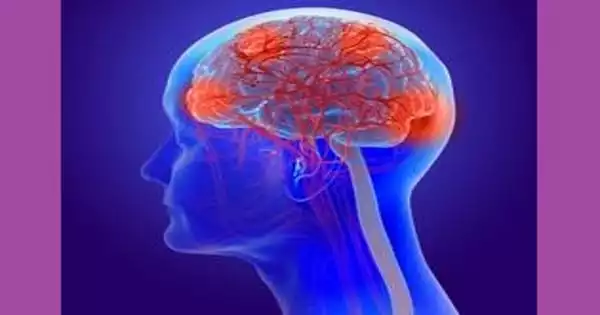According to large-scale population studies, allergy sufferers are roughly twice as likely as non-allergy sufferers to be depressed. Adults with allergic rhinitis (hay fever) were twice as likely to have been diagnosed with major depression in the previous 12 months, according to one study. According to the new findings, allergic diseases such as asthma, atopic dermatitis, and hay fever do not cause the onset of mental health conditions or vice versa.
According to the findings of a new University of Bristol-led study published in the journal Clinical and Experimental Allergy, allergic diseases such as asthma, atopic dermatitis, and hay fever do not cause the onset of mental health conditions or vice versa. While previous studies have found an observational link between mental health and common allergic diseases, causal links have yet to be discovered.
Researchers from Bristol Medical School’s Population Health Sciences (PHS) and School of Psychological Science wanted to know if allergic diseases cause mental health symptoms such as anxiety, depression, bipolar disorder, and schizophrenia, or if the opposite is true.
According to the new findings, allergic diseases such as asthma, atopic dermatitis, and hay fever do not cause the onset of mental health conditions or vice versa.
Dr Ashley Budu-Aggrey
The researchers first sought to isolate the effects of these allergic diseases using a scientific technique known as Mendelian Randomisation, which allowed them to identify genetic variants linked to these allergic diseases and then investigated how these variants were causally related to the presence of mental health conditions using a sample of 12,000-344,901 people.
Although the researchers discovered correlations between allergic disease and mental health traits, these were not replicated in the team’s causal analysis. There was little evidence of a causal relationship between the onset of allergic disease and mental health, implying that the observed associations were due to confounding or other types of bias.
If the link is valid, allergies could be causing anxiety and other mood disorders in a variety of ways. For one thing, being sick is stressful, and people with allergies frequently feel like they have a bad cold. People may become anxious as a result of having to strain to breathe or coughing and wheezing.

The authors come to the conclusion that intervening at the onset of allergic disease is unlikely to improve mental health outcomes. Similarly, preventing the onset of mental health traits will almost certainly not reduce the risk of allergic disease. However, more research is needed to determine whether intervening on the progression of allergic disease after it has begun has any causal impact on mental health.
“Common mental health disorders such as anxiety and depression are some of the largest contributors to the global burden of disease, and the prevalence of these and allergic disease has been increasing for some time,” said Dr Ashley Budu-Aggrey, Senior Research Associate at Bristol Medical School: PHS and the study’s lead author. Disentangling the nature of the relationship between allergic disease and mental health answers an important health question by implying that the onset of allergic disease does not cause the onset of mental health traits or vice versa.
“However, this does not rule out a potential causal effect on disease progression, which remains to be investigated and could help uncover novel treatment strategies for allergic disease or mental health traits.”
Dr Hannah Sallis, Senior Research Associate in Bristol’s School of Psychological Science and senior author, added: “The study employed a variety of approaches and data from various studies. This contributes to our confidence in the findings. It is critical to determine whether allergic disease causes mental health problems or vice versa in order to target resources and treatment strategies appropriately.”
According to current research, there is a strong link between Alzheimer’s disease and mental health conditions. This could be due to a number of factors. First, the same inflammation that causes Alzheimer’s disease may also cause other types of inflammation in the body. Inflammation may have an effect on your brain, potentially leading to changes that result in depression and anxiety.
Stress causes an increase in the production of the hormone cortisol, which can cause skin inflammation. Then, if you have a severe flare-up, you may experience increased stress and anxiety. These emotions may have an impact on your mental health. Severe eczema can also make you feel embarrassed, and it’s common to want to isolate yourself socially as a result. This can have a negative impact on your overall mental health.















